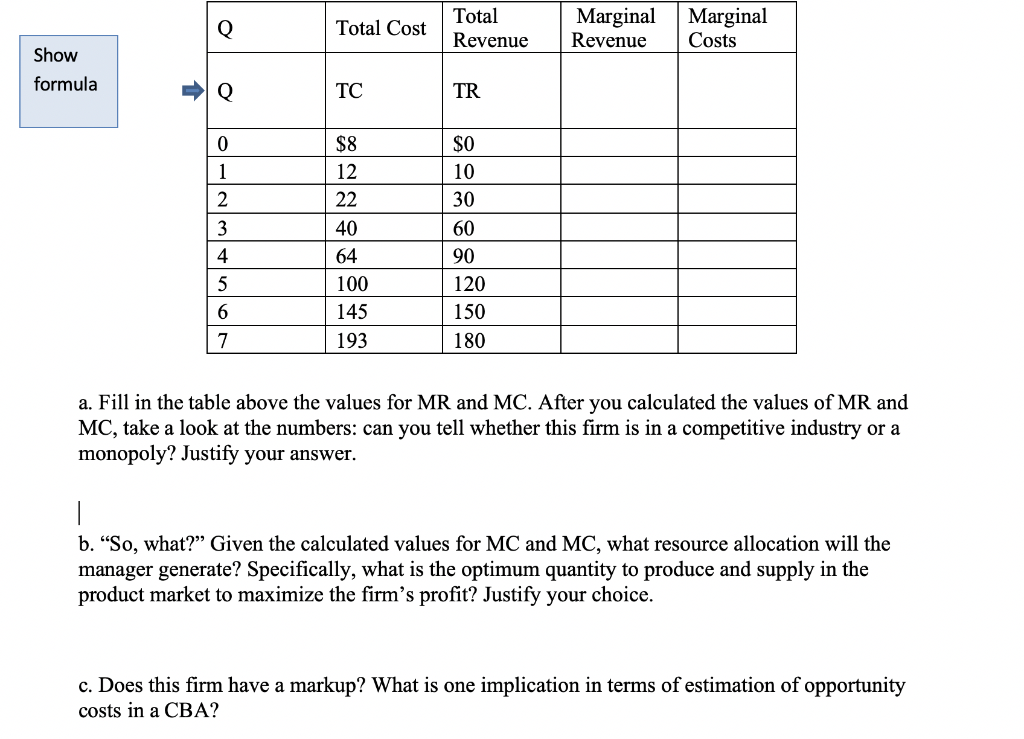
Successful accountant consultants have strategies to navigate these hurdles despite the inherent challenges. Given the nature of their work, accountant consultants need to be precise and thorough. They compile detailed financial reports and explain their findings to executives and key stakeholders. Their insights can influence business decisions, strategies, and growth plans. Professional certifications endorse expertise, proficiency, and commitment to the profession.
- An organization that hires an accounting consultant avails itself of a reservoir of expertise and specialized knowledge.
- Which types of consultants are in biggest demand will likely change from year to year, as the profession continues to evolve to meet consumer needs.
- At Finance Strategists, we partner with financial experts to ensure the accuracy of our financial content.
- Economic disruption can magnify the crucial aspects of your advisory-centric relationships.
Our work has been directly cited by organizations including Entrepreneur, Business Insider, Investopedia, Forbes, CNBC, and many others. Their knowledge, experience, and guidance provide significant value to businesses, making them an essential part of any organization’s financial strategy. These professionals ensure smooth financial operations, regulatory compliance, and strategic financial planning. This dynamic environment necessitates that accounting consultants possess the ability to adapt swiftly and provide services that meet their client’s evolving needs.
The path to becoming an accountant consultant involves an interplay of formal education, professional certifications, and substantial hands-on experience. An accounting consultant offers expert advice on financial management, ensuring a business’s financial operations are efficient, accurate, and compliant with legal norms. Accounting consultants often grapple with the complexities and constant changes in financial regulations. Staying abreast of these changes and ensuring that businesses adhere to them can take time and effort.
Read our white paper, How advance to employee definition and that means to start an accounting advisory business, to learn more about how to become an accounting consultant. Discover how to grow your accounting practice and become a next generation firm through high value advisory services with Practice Forward. Read our white paper, How accountants work from home successfully, to discover specific steps you can take now, along with insights into how you can effectively manage your business remotely. An accounting consultant can serve as both teacher and guide for a business, especially when the business could benefit from accounting services or improvements to their own accounting processes and procedures. To succeed in accountant consultancy, one must possess analytical and problem-solving skills, communication and interpersonal skills, attention to detail and accuracy, and adaptability in a fast-paced environment. The pros of being an accountant consultant include high demand in the market, the potential for a high income, and challenging and diverse work.
An accounting consultant is a seasoned professional who offers expert advice to organizations regarding the management and organization of their financial systems. In addition, prior to the global pandemic, client expectations were already shifting. The future CPA is one who provides consulting services through an advisory lens – offering more than compliance work and serving as a more holistic business partner. Accountant consultants are exposed to various projects and clientele, which keeps their work exciting and diverse. They encounter complex situations that require innovative solutions, ensuring their work is far from mundane.
Jr. Content Accountant
An accounting consultant, equipped with a deep understanding of a business’s unique needs, can develop an effective accounting system. Ensuring an organization’s compliance with relevant laws and regulations helps avoid the risk of financial penalties or reputational damage. Traditionally, the nature of accountancy means that you collect historical information and data and report on it.
Save Time
Of course, the COVID-19 pandemic may affect the profession to a degree, but over the past decade, accountants and auditors have maintained higher employment rates than many other professional positions. Each of these areas requires unique methodologies and tools, the adept handling of which is a testament to a consultant’s capabilities. In a fiercely competitive landscape, an additional degree can add significant weight to one’s credentials.
Senior/Staff Accountant
This team of experts helps Finance Strategists maintain the highest level of accuracy and professionalism possible. For information pertaining to the registration status of 11 Financial, please contact the what is organizational planning in project management state securities regulators for those states in which 11 Financial maintains a registration filing. When a business hires an accounting consultant, it gains the ability to scale its financial operations without the need to bring on full-time staff.

With a fixed consulting fee, you charge for your value, above and beyond your time. Your clients pay you for your expertise, knowledge and guidance, and you will likely reap the rewards of 5 skills every entrepreneur should have that relationship in terms of more business from them and their referrals as well. There’s another practical difference between serving as a traditional accountant and becoming an accounting consultant; namely, it’s how you get paid. Conventionally, accountants bill for time spent, whereas a consultant usually provides up-front pricing for specific consulting engagements, above and beyond the hourly billing for compliance and technical services. To become an accounting consultant, you also need to consider who you want to work with.
It’s fairly common for CPAs to become part-time or full-time consultants just prior to retirement, while others enjoy the benefits of greater flexibility and control over their schedules earlier in their careers. Being an accountant can mean far more than preparing tax returns, compiling financial statements, handling technical compliance work or providing back-office accounting services. Professional certifications such as CPA and CMA showcase expertise and commitment. Essential skills for success include technical proficiency, business advisory experience, and hands-on accounting experience.
![Thu Mua Phế Liệu Hà Nội Giá Cao [UY TÍN] Hỗ trợ 24/24](https://thumuaphelieuhanoi.com/wp-content/uploads/2021/07/logo-chuan.jpg)
![Thu Mua Phế Liệu Hà Nội Giá Cao [UY TÍN] Hỗ trợ 24/24](https://thumuaphelieuhanoi.com/wp-content/uploads/2021/07/thu-mua-phe-lieu.jpg)
